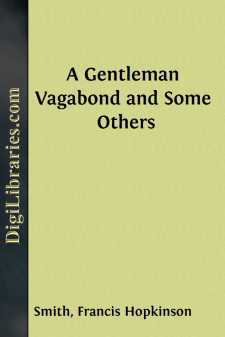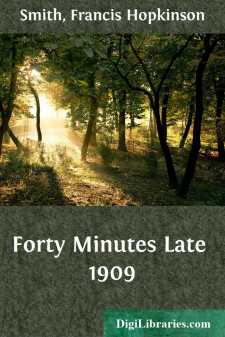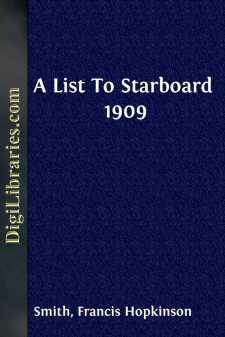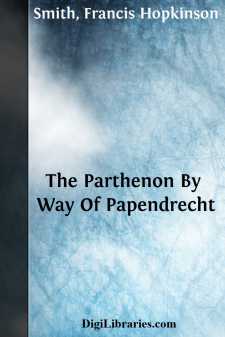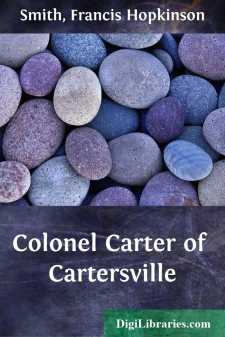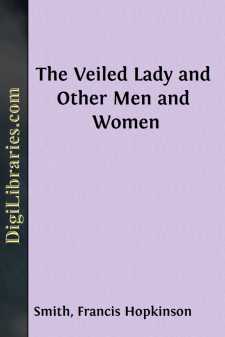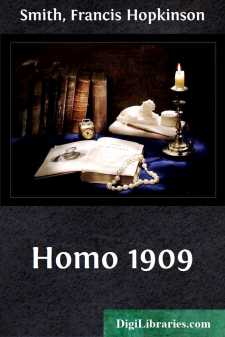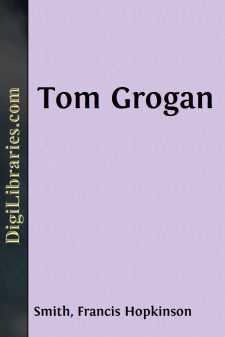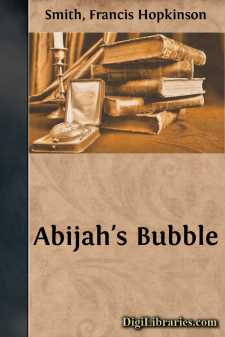Categories
- Antiques & Collectibles 13
- Architecture 36
- Art 48
- Bibles 22
- Biography & Autobiography 816
- Body, Mind & Spirit 145
- Business & Economics 28
- Children's Books 17
- Children's Fiction 14
- Computers 4
- Cooking 94
- Crafts & Hobbies 4
- Drama 346
- Education 58
- Family & Relationships 59
- Fiction 11834
- Foreign Language Study 3
- Games 19
- Gardening 17
- Health & Fitness 34
- History 1378
- House & Home 1
- Humor 147
- Juvenile Fiction 1873
- Juvenile Nonfiction 202
- Language Arts & Disciplines 89
- Law 16
- Literary Collections 686
- Literary Criticism 179
- Mathematics 13
- Medical 41
- Music 40
- Nature 179
- Non-Classifiable 1768
- Performing Arts 7
- Periodicals 1453
- Philosophy 66
- Photography 2
- Poetry 897
- Political Science 203
- Psychology 45
- Reference 154
- Religion 516
- Science 126
- Self-Help 85
- Social Science 82
- Sports & Recreation 34
- Study Aids 3
- Technology & Engineering 59
- Transportation 23
- Travel 463
- True Crime 29
Francis Hopkinson Smith
Francis Hopkinson Smith was an American author, artist, and engineer, born on October 23, 1838. He is best known for his engineering work on projects like the foundation of the Statue of Liberty and for his literary contributions, including novels like "Colonel Carter of Cartersville" and "Caleb West, Master Diver." Smith was also a talented painter and illustrator, frequently contributing to magazines and showcasing his artwork in various exhibitions.
Author's Books:
Sort by:
A KNIGHT OF THE LEGION OF HONOR It was in the smoking-room of a Cunarder two days out. The evening had been spent in telling stories, the fresh-air passengers crowding the doorways to listen, the habitual loungers and card-players abandoning their books and games. When my turn came,—mine was a story of Venice, a story of the old palace of the Barbarozzi,—I noticed in one corner of the room a man...
more...
It began to snow half an hour after the train started—a fine-grained, slanting, determined snow that forced its way between the bellows of the vestibules, and deposited itself in mounds of powdered salt all over the platforms and steps. Even the porter had caught some puffs on his depot coat with the red cape, and so had the conductor, from the way he thrashed his cap on the back of the seat in front...
more...
A short, square chunk of a man walked into a shipping office on the East Side, and inquired for the Manager of the Line. He had kindly blue eyes, a stub nose, and a mouth that shut to like a rat-trap, and stayed shut. Under his chin hung a pair of half-moon whiskers which framed his weather-beaten face as a spike collar frames a dog's. "You don't want to send this vessel to sea...
more...
Wilyum!.....WILYUM!" It was mine host of the Ferry Inn at Cook-ham who was calling, and at the top of his voice—and a big-chested voice it was—the sound leaping into crescendo as the object of his search remained hidden. Then he turned to me: "He's somewheres 'round the boat house—you can't miss him—there's too much of him!" "Are ye wantin' me, sor?"...
more...
CHAPTER I The Colonel's House in Bedford Place The dinner was at the colonel's—an old-fashioned, partly furnished, two-story house nearly a century old which crouches down behind a larger and more modern dwelling fronting on Bedford Place within a stone's throw of the tall clock tower of Jefferson Market. The street entrance to this curious abode is marked by a swinging wooden gate...
more...
This collection of stories has been labelled "The Veiled Lady" as being the easiest way out of a dilemma; and yet the title may be misleading. While, beyond doubt, there is between these covers a most charming and lovable Houri, to whom the nightingales sing lullabies, there can also be found a surpassingly beautiful Venetian whose love affairs upset a Quarter, a common-sense, motherly nurse...
more...
Dinner was over, and Mme. Constantin and her guests were seated under the lighted candles in her cosey salon. With the serving of the coffee and cigarettes, pillows had been adjusted to bare shoulders, stools moved under slippered feet, and easy lounges pushed nearer the fire. Greenough, his long body aslant, his head on the edge of a chair, his feet on the hearth rug, was blowing rings to the ceiling....
more...
I. BABCOCK'S DISCOVERY Something worried Babcock. One could see that from the impatient gesture with which he turned away from the ferry window on learning he had half an hour to wait. He paced the slip with hands deep in his pockets, his head on his chest. Every now and then he stopped, snapped open his watch and shut it again quickly, as if to hurry the lagging minutes. For the first time in...
more...
This is Marny's story, not mine. He had a hammer in his hand at the time and a tack between his teeth. "Going to hang Fiddles right under the old fellow's head," he burst out. "That's where he belongs. I'd have given a ten-acre if he could have drawn a bead on that elk himself. Fiddles behind a .44 Winchester and that old buck browsing to windward"—and he nodded at...
more...
Ezekiel Todd, her dry, tight-fisted, lean father, had named her, bawling it out so loud that the more suitable, certainly the more euphonious, "Evangeline," proffered in a timid whisper by her faded and somewhat romantic mother, was completely smothered. "I baptize thee, Evang—" began the minister, when Ezekiel's voice rose clear: "Abijah, I tell ye,...
more...


